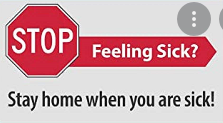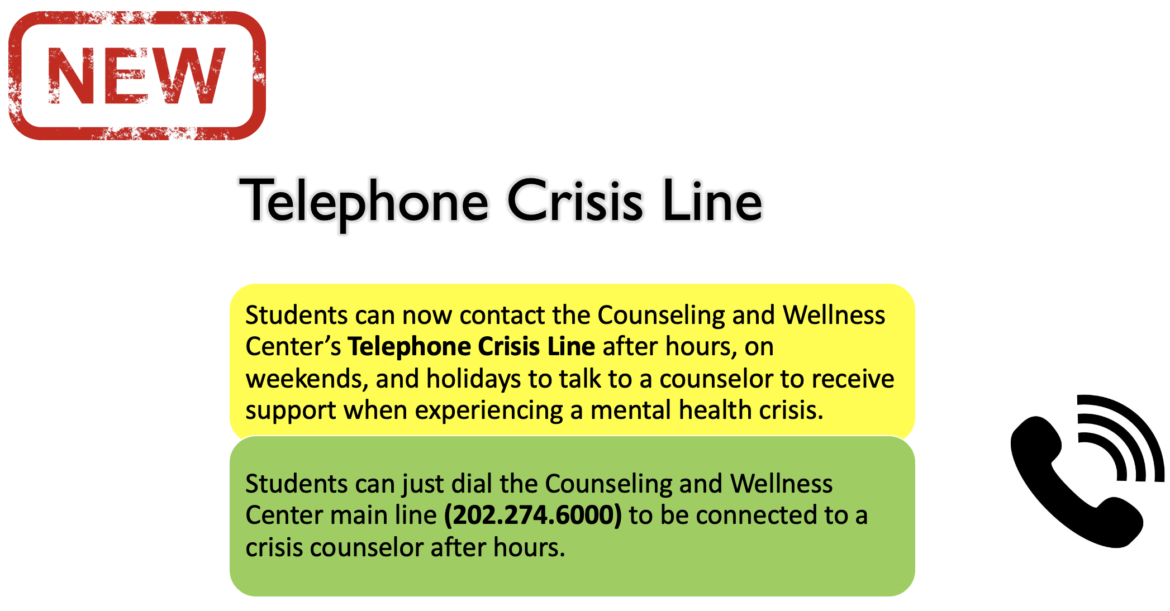Services

Personal One-on-One Counseling or Individual Therapy provides a private space to talk with a trained clinician about any personal or emotional issues or concerns that have come up for you. Students frequently come to the Center to address anxiety, depression, relationship concerns, and family problems. Student also come to therapy when they are “feeling stuck” in a negative cycle, feel they are getting in their own way, or want to examine how they relate to others.
Single Session counseling is an option for students who want help with problem-solving, gain direction on dealing with a fixed issue or get referral information for community and/or campus resources. Students are encouraged to tell their Counselor that they are interested in attending only one or two sessions at the beginning of the counseling process.
Group Therapy is led by trained clinicians and offers an opportunity to receive support and feedback from peers. Psychotherapy process groups can be an enriching way to gain more insight into how you relate to other people. Support Groups can be general or focused on specific topics/issues. The nature and type of group varies by semester. Interested students should contact the Center to receive information on current group availability.
Outreach Events Staff members present information that is relevant to a variety of mental health topics in various formats (e.g. presentations, workshops, mental health screenings, panel discussions, awareness tabling, etc.) The Counseling and Wellness Center aims to work with student, faculty, and staff requests for specific outreach programs or presentations.
Consultations can be used if you have questions about a specific matter or concerns about someone else and wish to consult with a clinician about how to effectively manage the situation. Consultations can be accessed in person or via telephone/video.
Self-Help Resources The CWC maintains a library of resources that includes hard copy and virtual resources. These resources provide information on relevant topics and discuss strategies for managing a wide variety of issues. The Counseling and Wellness Center offers WellTrack for free to UDC students. WellTrack is an interactive self-help therapeutic tool designed to help address anxiety, stress management, depression, relaxation, and other concerns through a variety of tools, programs, classes, and resources.
Scope of Service: Please note that the Counseling and Wellness Center’s scope of service is limited to short-term, solution-focused counseling. The counseling process helps you develop insight and coping skills that empower you to address your concerns in an ongoing manner. Students may participate in a total of ten sessions at the Counseling and Wellness Center per academic year. Extensions to the yearly session limit may be given based on clinical need.
Here are some Frequently Asked Questions about Counseling that may also be helpful to you.

– Please do not come for in-person in counseling if you have symptoms of coronavirus or another communicable illness. Symptoms of COVID-19 include but are not limited to fever or chills, cough, shortness of breath or difficulty breathing, fatigue, muscle or body aches, headache, new loss of taste or smell, sore throat, congestion or runny nose, nausea or vomiting, and diarrhea. Please refer to the Center for Disease Control’s COVID-19 website for more information on symptoms of COVID-19 that necessitate that you stay home. If a Counseling Center staff member detects potential symptoms of a communicable disease, you will be directed to leave the Center. You may be able to participate in teletherapy instead of in-person services.
– If you have been diagnosed with COVID-19 in the last 10 days, are unvaccinated and have been exposed to someone with COVID-19 in the last 14 days, or if you have any symptoms of COVID-19, stay home.
– If you are not eligible to participate in in-person services at some point due to apparent or known illness, you can speak with your Counselor about participating in a teletherapy session at your normally scheduled appointment time.
